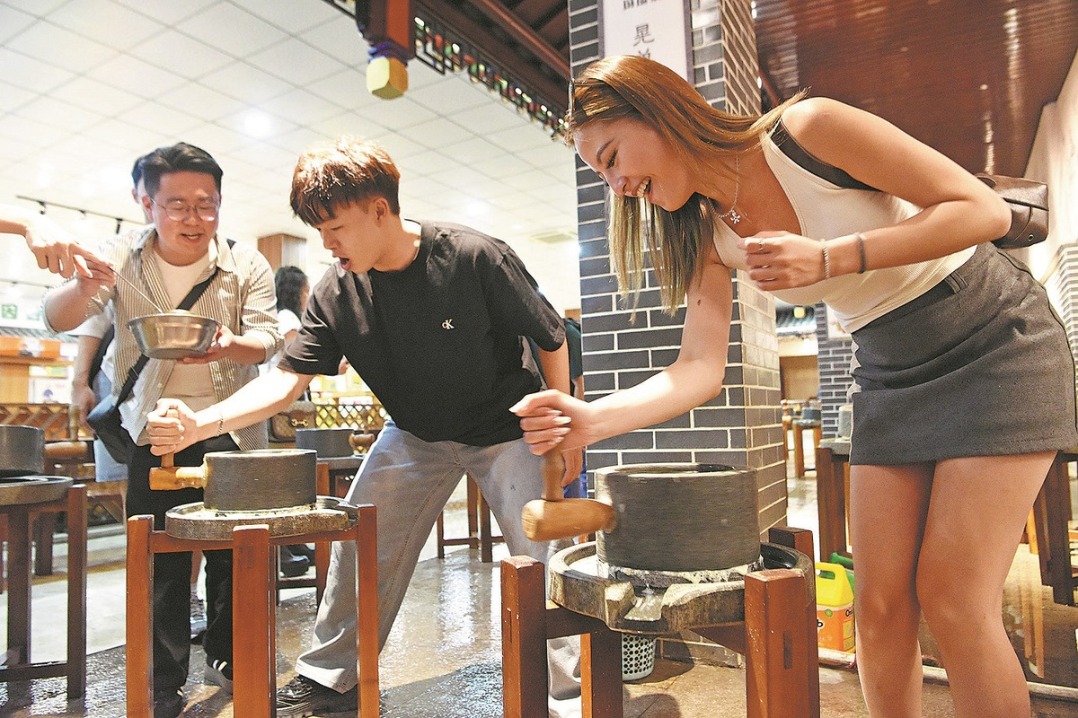Buddhist clergy told to uphold laws after scandal

Buddhist clergy, especially key Buddhist leaders in China, are urged to strengthen their legal awareness and strictly observe national laws, the Buddhist Association of China said in a statement.
Ordination doesn't exempt Buddhist monks and nuns from constitutional obligations as Buddhist clergy are first and foremost Chinese citizens, according to the statement released on Tuesday evening.
"Their religious identity neither negates civic responsibilities nor places them above the law," it said.
It was the second statement issued by the association in a month urging the Buddhist community to deeply reflect and draw lessons from the case of Shi Yongxin, former abbot of the world-renowned Shaolin Temple.
On July 27, the Shaolin Temple announced that Shi was under investigation by multiple authorities for allegedly embezzling funds and having affairs with various women, resulting in him fathering at least one child. Two days later, the association revoked Shi's ordination certificate, which is proof of acceptance into the monastic community.
"Shi's actions have disrupted the management of Shaolin Temple and the proper order of the Buddhist community, hindered the healthy transmission of Buddhism, and brought discredit to the national Buddhist community," the statement added.
Born in 1965, Shi became a monk in 1981 and had served as the 30th abbot of the 1,500-year-old temple located in a mountain range in Henan province since 1999. He is also known as the first Chinese abbot to hold a master's degree in business administration.
According to the statement issued by the association on Aug 7, Shi's case sounded an alarm for the entire Buddhist community in China.
"Shi's case has exposed loopholes in the management of Buddhist organizations and venues. And internal supervision mechanisms in the Buddhist community need further improvement," the first statement said.
Meanwhile, some Buddhist leaders have been negligent in their practice, lax in self-discipline and have allowed their faith to waver, ultimately losing the ethical standards Buddhists should uphold. Shi's actions not only ruined his own spiritual life and wisdom, but also damaged the ethical standards of Buddhism, it added.
The association also said it firmly supports the relevant departments' lawful handling of Shi's case and vowed to advance comprehensive and strict governance of the Buddhist community. Those who violate precepts and rules will be resolutely disciplined, it added.
- Buddhist clergy told to uphold laws after scandal
- HKSAR govt launches website to mark 80th anniversary of victory over Japanese aggression
- Envoys commend China's panda protection
- SCO stories showcase shared growth
- Hong Kong's light rail pet-friendly scheme to go regular soon
- New fishway monitoring system launched in South China





































